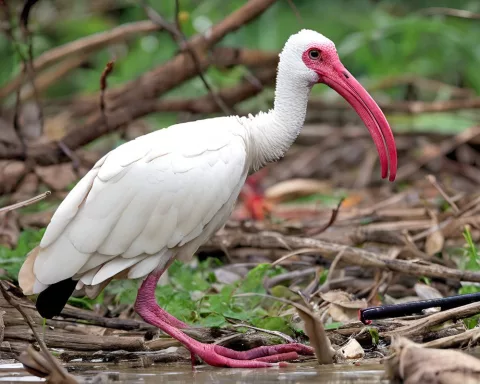The Socio-Economic Impact of PhDs in South Africa: Findings from the National Tracer Study of Doctoral Graduates
On 21st July 2023, the National Tracer Study of Doctoral Graduates in South Africa was launched, providing valuable insights into the impact of PhDs on the country’s socio-economic landscape. The study aimed to trace the careers of PhD graduates in different sectors and assess the impact of their qualifications on various aspects of South African society.
PhD Density and Economic Performance
Globally, there is a well-established correlation between the number of PhDs per million of the population, known as PhD density or PhD intensity, and economic and innovation performance. However, South Africa had not previously demonstrated this cause-and-effect relationship within its context.
Impact of PhDs on South African Society
The study reveals the country’s capacity for absorbing PhD graduates into the economy, particularly in the private sector, public research system, and higher education institutions. The findings are crucial for stakeholders such as government, higher education institutions, civil society, and students.
Postgraduate Funding and Human Resources Development Pipeline
As part of efforts to understand the socio-economic impact of postgraduate funding, the National Research Foundation (NRF) has established a digital platform to track all postgraduate students funded over the years. This platform provides insights into the postgraduate human resources development pipeline for NRF-funded students, with the National PhD Tracer study serving as a valuable input.
Using Data and Evidence for Informed Decisions
The Department of Science and Innovation (DSI), responsible for driving research and innovation, uses data and evidence from well-researched studies to make informed decisions on policy issues and interventions. The National Tracer Study adds to the repertoire of research commissioned by the Ministry of Higher Education, Science, and Innovation, and the Department of Science and Innovation.
Other Studies Informing Policy Decisions
Several other studies have informed policy decisions on matters of postgraduate studies and general support for researchers in South Africa. These include investigating the ‘leaky’ postgraduate human capital development pipeline, low PhD graduation rates in Engineering, building the cadre of emerging researchers, and the recruitment, retention, and progression of black academics.
The National Tracer Study of Doctoral Graduates in South Africa provides crucial insights into the socio-economic impact of PhD graduates on society and the economy. This information is invaluable in shaping future policies and initiatives to nurture and support the country’s brightest minds in their contributions to South Africa’s development and progress.








